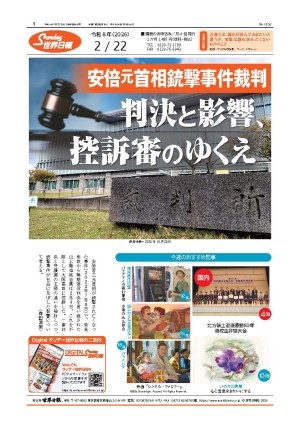議会が宇宙法案を承認、企業の小惑星資源所有に道/Congress OKs Space Act, paves way for companies to own resources mined from asteroids
SFのようなことが米国の法律になろうとしている。連邦議会が宇宙法案を承認したため、民間企業が小惑星から採取した天然資源を所有できる道が開けてきたからだ。
巨額の利権が絡む可能性があるこの法案について未来学者らは、米国のリーダーシップの表明と指摘、急成長する民間宇宙産業が政府の規制に縛られることを回避させるとともに、自由な実験による「学習期間」を延長し、企業が、大変な打撃を受ける訴訟を恐れることなく計画を行えるようにするものでもあるとしている。
...【全文を読む】







